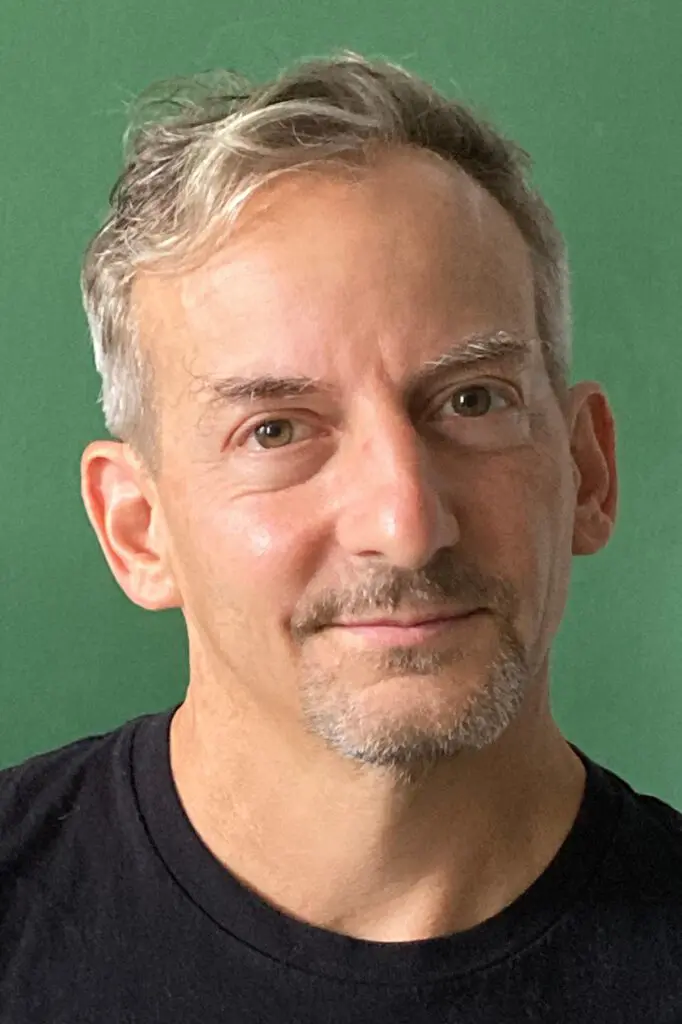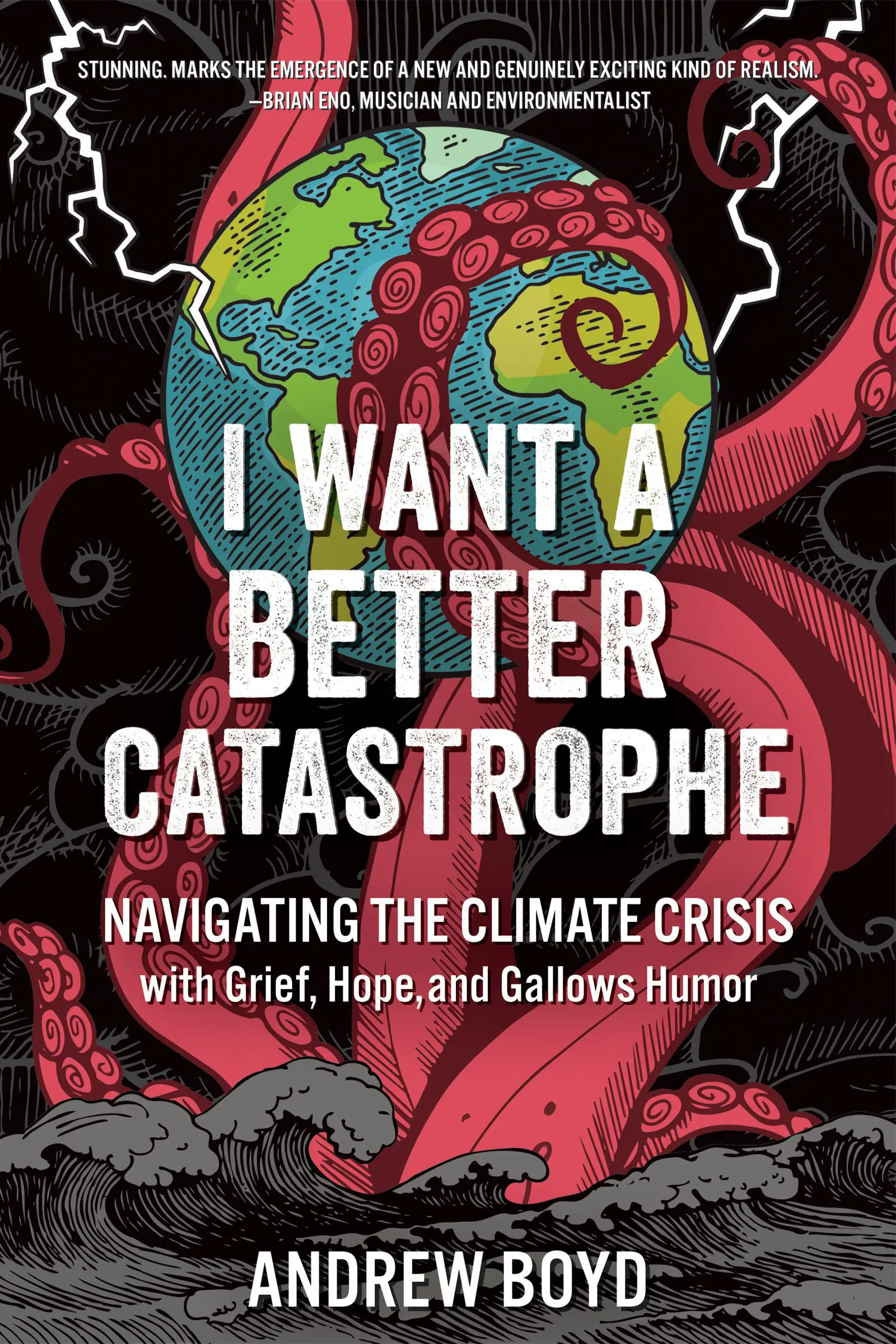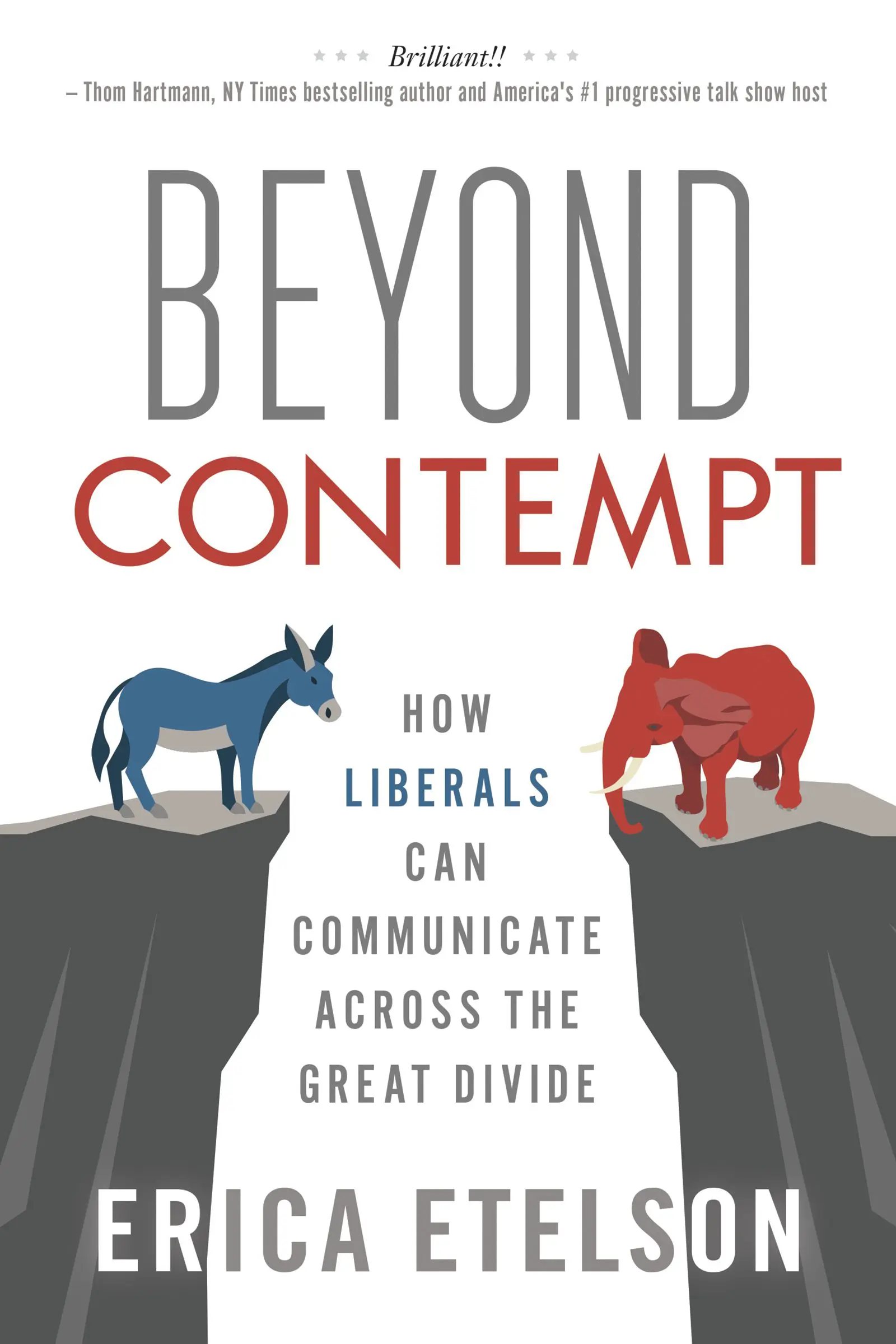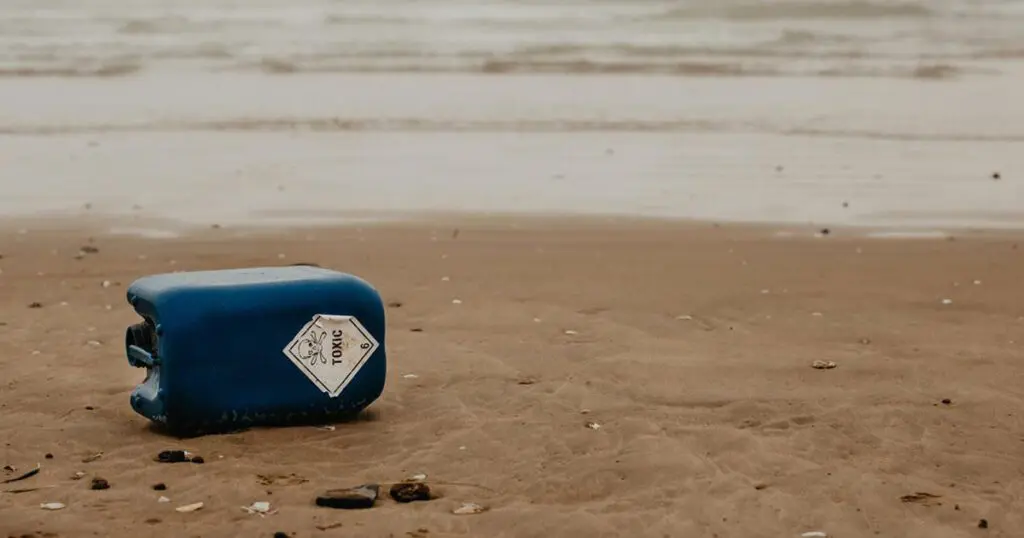
The latest events in Ukraine and the Middle East are deeply heartbreaking and overwhelming. It’s easy to feel like hope is slipping away. But even in these darkest moments, there are ways to take action, show care, and hold on to our shared humanity. In this article, republished with permission from Andrew Boyd, author of I Want a Better Catastrophe, Boyd shares his insights on how we can navigate these challenging times.
There is so much that is heartbreaking, infuriating, depressing, about the latest gruesome turning of the knife in the ever more tangled story of Palestine/Israel. It feels like it could suck all the hope out of the world, if we let it.
The Middle East is on fire. You, readers, know that the planet is, too. Thousands of innocents – so many of them children – have been murdered. Millions of loved ones are in mourning. And it is about to get worse, possibly much worse. For Israel/Palestine, and for our beloved, one-and-only planet.
So, what do we do?
Well, I’m no geopolitical expert on the Middle East, but one lesson I learned from writing Better Catastrophe, and trying to grapple with the many intractable contradictions in the climate emergency, also applies here: We can do more than one thing at the same time, including things that might feel like opposites. Which is exactly why, in her Generation Dread newsletter this week, climate psychologist Britt Wray suggested that our climate work can actually help us hold the news out of the Middle East.
It’s the same heart muscle.
Because:
- We can mourn AND organize.
- We can grieve the loss of innocent Israeli life AND still condemn the Occupation.
- We can acknowledge that people are suffering in both Gaza City and in Tel Aviv while ALSO acknowledging that Israel is vastly more powerful and is using that power to systematically oppress the Palestinian people.
- We can demand a ceasefire WITHOUT knowing what comes next.
- We can oppose the Occupation AND antisemitism; similarly, we can oppose Hamas AND Islamophobia.
- We can be against the Occupation WITHOUT being for Hamas. In fact, we can redefine the idea of “sides” altogether, and instead choose the ”side with the child over the gun”, as Naomi Klein counsels us.
I was in New York when the towers fell, and as we said in countless posters, vigils, protests in the weeks after 9/11:
“Our grief is not a cry for war”.
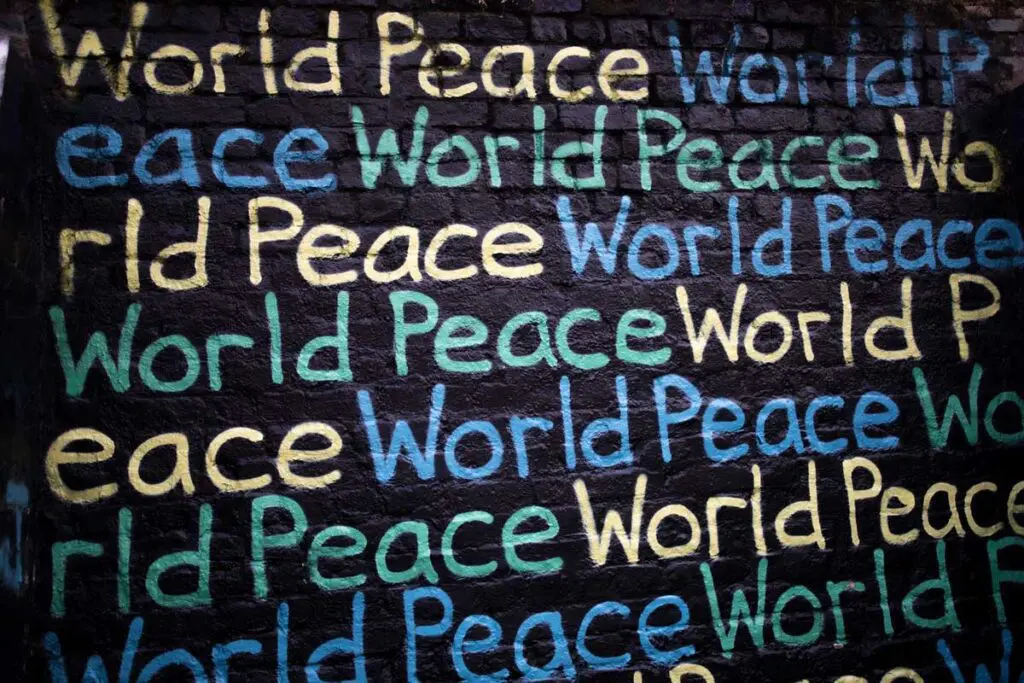
Those crying for war right now, those choosing hard sides, pushing simple fixes, screaming for revenge, letting their ideology overcome their humanity, are not to be followed here. Instead, I am following folks who are struggling through it all, holding these contradictions, balancing their competing loyalties, and finding their way. One stand-out here is journalist Peter Beinart. His probing honesty has helped me these last weeks, and might help you as well:
Here he is being interviewed in Slate, somehow heartbroken and conflicted and grounded and wise all at the same time. Here’s his op-ed in the NYT, “There Is a Jewish Hope for Palestinian Liberation. It Must Survive.”, and here’s a 3-way interview in the Guardian, ‘What’s our common language?’ Jewish and Palestinian thinkers on where the left goes from here, between Peter and two longtime human rights activists (one Jewish, one Palestinian) as they all try to stumble their way through to some least-worst, better-catastrophe-esque possibilities for the region.
With Palestine, as with climate, the final complexity we must navigate is possibly also the most important:
- We must act WITHOUT yet having all the answers. (See the P.S. below)
I hope some of the perspectives, thoughts, links, and resources I’ve shared in this email are helpful to you.
The world is on fire, people. Let’s fight the fire, not each other.*
Sincerely,
Andrew Boyd
*Paraphrased from the beautiful brain of my good comrade Rae Abileah, as we were commiserating last week about the twin crises of climate and the Occupation.
PS: Let me close by sharing an excerpt from a call-to-action email that landed in my inbox a few days ago from friend Nikki Morse, with a few of my own additions:
“…I have also heard from folks that it’s all too complicated. But actually, you don’t need to know more than you do. You don’t need to have answers to all the questions in order to do the right thing. You know people are being slaughtered and punished. You know genocide is wrong, and deescalation is right.
Things to do right now:
- Consider mobilizing to Washington D.C. on Nov 4th for the National March on Washington: Free Palestine!
- Contact your electeds. Ask your rep if they are supporting the Ceasefire Now resolution (original press release here, current list of backers here). Jewish Voices for Peace has an excellent call system here, and an email form here.
- Sign petitions: here’s the one for Jews, and the general one is at jvp.org/ceasefire.
- Write a letter to the editor: https://www.jewishvoiceforpeace.org/resource/tell-nyt-the-root-of-violence-is-oppression/
- Support financially – particularly organizing happening in Palestinian and Jewish communities, including:
- US Campaign for Palestinian Rights is a go-to source of both educational resources and local-to-you activities. For example, here’s their action toolkit.
- Jewish Voice for Peace and If Not Now
(If you want to focus on giving aid): Middle East Children’s Alliance, Palestinian Childrens Relief Fund and Doctors Without Borders.
More from the Web
Palestinian-Israeli Conflict 101 – Part 1
Opinion | There Is a Jewish Hope for Palestinian Liberation. It Must Survive

